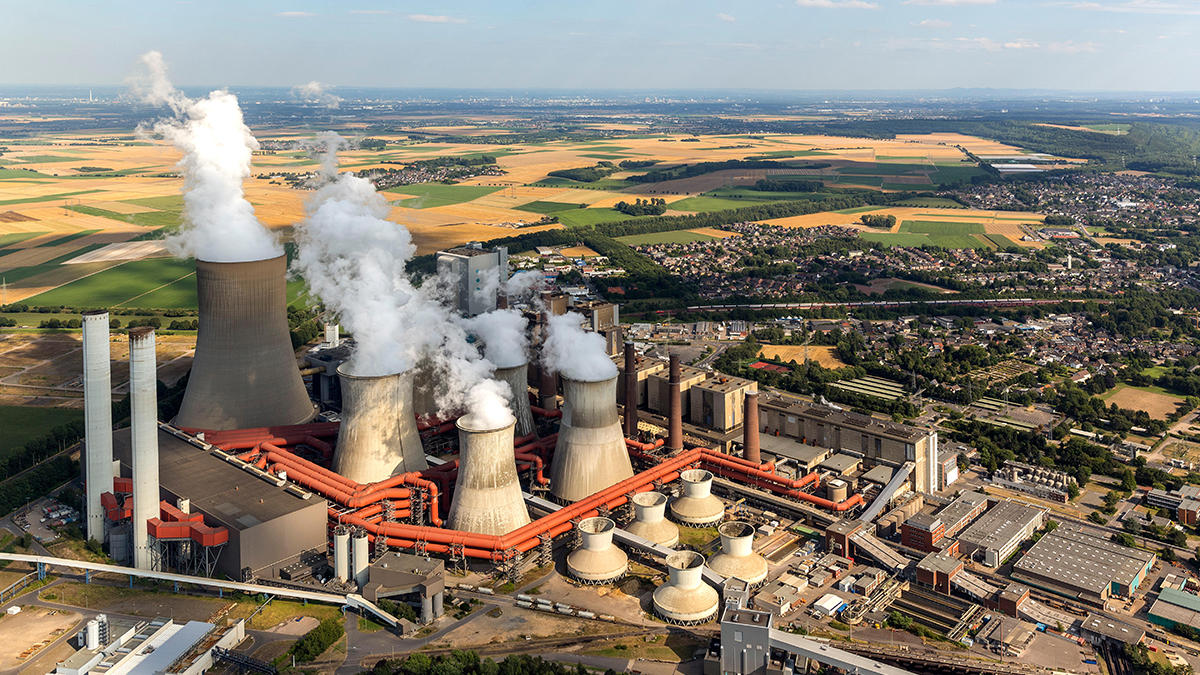Insurance alliance target ‘falls far short’ of 1.5°C climate goal
Insure Our Future has written to the chief executives of 30 major insurance companies whose fossil fuel policies it ranks
Net-Zero Insurance Alliance target setting protocol fails to offer 'credible alternatives' to fossil fuel exclusion policies, global campaign group says
The Net-Zero Insurance Alliance's (NZIA) first target-setting protocol “falls far short of credible alignment” with the 1.5°C target that world leaders have committed to in order to limit climate change, Insure Our Future has said.
Every year, the global campaign of non-governmental organisations and social movements publishes an open letter to the chief executives of 30 major insurance companies whose fossil fuel policies it ranks. These companies include AIG, Axa, Chubb, Liberty Mutual, the Lloyd’s market, Munich Re and Scor.
In its 2023 letter, Insure Our Future highlighted deficiencies in the target-setting protocol the NZIA unveiled at the World Economic Forum conference in Davos in January.
It said the protocol excludes new fossil fuel projects from its scope, fails to mandate targets for scope 3 emissions, allows insurers to set emission reduction targets for a small part of their business only, and defines a very low threshold for minimum reduction targets.
“Many insurers argue that they are actively engaging their energy sector customers in a dialogue about the net-zero transition, but major oil and gas producers show no signs of adopting credible net-zero pathways and some have even walked back the weak commitments they have made in the past,” Insure Our Future wrote in its letter.
“Neither the NZIA target setting protocol nor engagement processes offer credible alternatives to fossil fuel exclusion policies,” it added.
Insure Our Future calls on insurance companies immediately to stop insuring new fossil fuels and phase out support for existing coal, oil and gas projects.
The group uses the responses it receives to its letter for its annual scorecard report on insurance, fossil fuels and the climate emergency.



